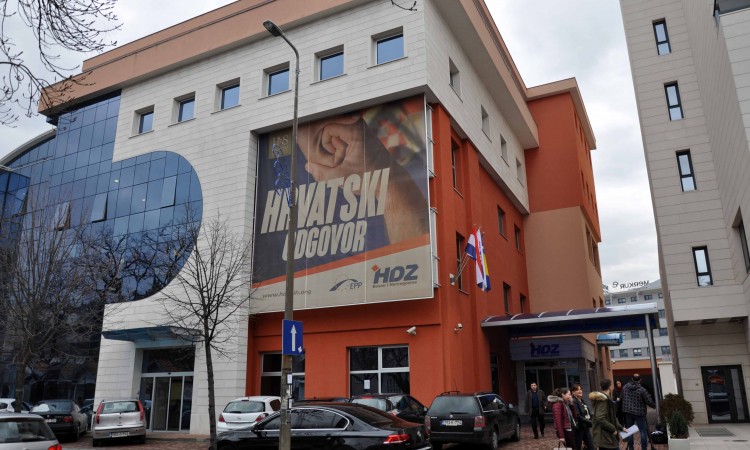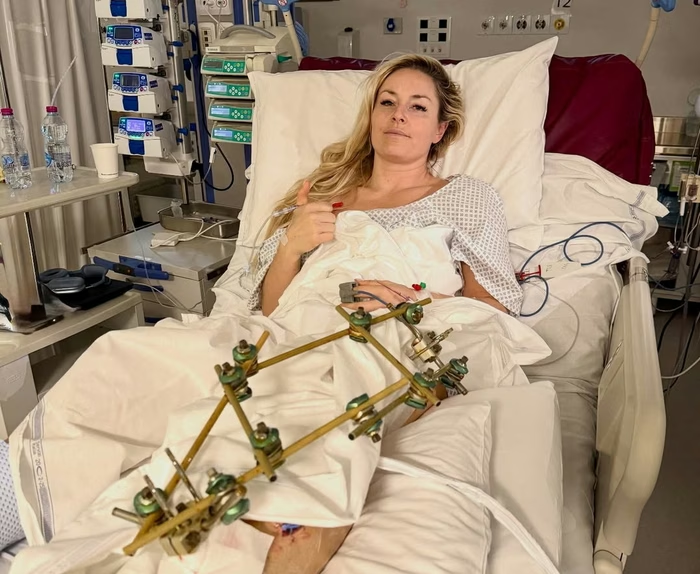Main Croat party urges Bosniaks and Serbs to reach compromise and form govt.

The main Croat party in the country urged Bosniak and Serb political leadership to finally form a government based on agreement and consensus after the deadline set in an agreement between political leaders to complete the process expired on Thursday.
Oglas
“Such a situation doesn’t suit anyone. Bosnia and Herzegovina is being pushed deeper into a political crisis, moving away from Euro-Atlantic integration and from implementing key reforms. After the agreed-upon deadline of 30 days has expired, the solution can only be an agreement and a compromise,” the Croat Democratic Union in Bosnia (HDZ BiH), whose leader, Dragan Covic, is one of the signatories of the August 5 agreement, said.
Bosnia has not formed a government - officially called the Council of Ministers - since the October 2018 election because the Bosniak and Croat members of the tripartite Presidency refuse to vote for the new prime minister, insisting that the official should implement previously made decisions which bring Bosnia closer to NATO membership.
The new head of government is supposed to come from the main Bosnian Serb party which opposes the country’s path toward NATO membership and announced it would not allow the next step in this direction to be made.
Oglas
The next step would be sending the Annual National Programme (ANP) to the alliance.
Bosnian Serb leadership, however, previously agreed to Bosnia’s NATO membership before and signed off on the country fulfilling its obligations, including sending the ANP to Brussels. Now, the same party vehemently opposes any activities that may bring the country closer to NATO.
The leaders of the three parties which won the election signed an Agreement containing principles for forming the government in an effort to overcome the stalemate, but the main issue, whether Bosnia will send the ANP, was never clarified.
Throughout the past month, Bosniak leader Bakir Izetbegovic and Serb leader Milorad Dodik gave completely different interpretations on what it says about the ANP in statements to media.
Oglas
“Representatives of the Croat people have no doubts regarding Bosnia’s membership in the EU and NATO and the implementation of key reforms that would ensure stability, progress and a better standard of living. Out partners on the Bosniak and Serb side have a right to their different views regarding the future of our joint homeland, Bosnia and Herzegovina,” the HDZ said.
“We need to respect each other as much as possible and, through togetherness and the true protection of the constituency of the peoples, build up a modern European Bosnia and Herzegovina,” it said.
Kakvo je tvoje mišljenje o ovome?
Učestvuj u diskusiji ili pročitaj komentare
Oglas
Kakvo je tvoje mišljenje o ovome?
Učestvuj u diskusiji ili pročitaj komentare
Oglas





 Srbija
Srbija
 Hrvatska
Hrvatska
 Slovenija
Slovenija



























































